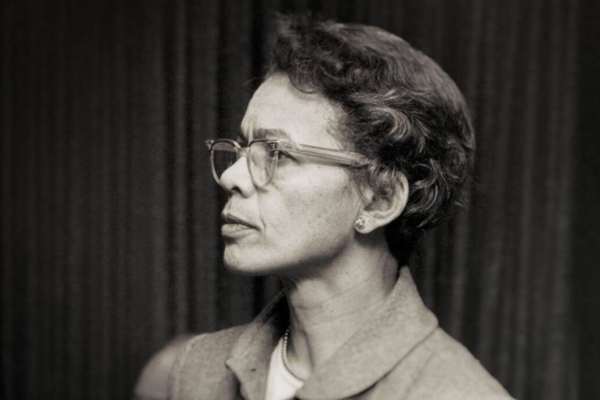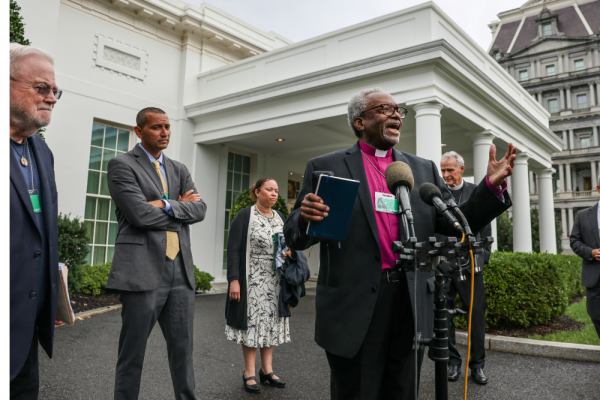What does a trailblazing Episcopal priest, a lawyer whose work helped to shape the Brown v. Board of Education case, a founding member of the National Organization for Women (NOW), and a close friend of Eleanor Roosevelt all have in common?
They are all the same person. And My Name Is Pauli Murray, a new documentary from Amazon Studios, tells the fascinating story.
The Supreme Court’s new nine-month term, which begins on Monday, promises to be among the most momentous in generations. The justices are poised to decide major cases that could roll back abortion rights and broaden gun and religious rights.
Here is a look at some of cases the court will decide during the term, which runs through the end of next June.
Perhaps you have seen the photos: Protesters at school board meetings holding signs that say “Stop Teaching Critical Racist Theory To Our Kids” or “I Am Not An Oppressor.” At the heart of these protests is opposition to teaching children about the United States’ shameful racial history — a history that repeats itself in systems and structures today. Many of these protests appeal to white parents’ fears that reckoning with our nation’s past sins and injustices will make their kids feel ashamed or that — in some twisted logic — this reckoning is itself “racist.” I’ve watched this growing campaign with anguish; I believe that cultivating a greater commitment to anti-racism within the next generation will empower our kids, not instill shame.
In the United States, white supremacy has made it impossible to see immigrants — but especially Haitian immigrants — as siblings who God commands us to love as though they were our neighbors. The U.S. has long resisted seeing Haitians not only as neighbors but as humans.
Carlile believes that we each have our own definition of the word forgiveness. But for her, forgiveness is “a willingness to look foolish to those who don't understand. It looks like naivety. It looks like being a doormat. It looks like being walked on, but it's so much more radical than that.”
This past spring, Gordon-Conwell Theological Seminary laid off Rev. Emmett G. Price III, a popular professor and former dean of chapel who founded the Institute for the Study of the Black Christian Experience there in 2016. The decision not to renew his contract as part of budget cuts prompted letters of protest from alumni, community leaders, and the Hamilton, Mass., campus’ student association. But students had been raising concerns about racism on campus with senior administrators for months, Sojourners has learned.
Nicole Thomas-Kennedy, who placed first in the primary race for Seattle city attorney, said that while voters have embraced more progressive ideas, she thinks moderate voters are still “freaked out” by the term abolition because of misconceptions about what it means. Her campaign was motivated in part by working as a Seattle public defender, where she saw the city “mostly prosecuting poverty and disability,” including, she said, a case where a person stole a block of cheese and a beer.
Last week, I told my colleagues that I never struggle to write these introductions. As you can predict, that meant this week’s introduction became extremely hard to write — as I deserve. The job of this introduction is to briefly whet your appetite, give you some connecting thread for our recommended stories, and maybe say something profound. I'm learning, however, that not every story needs a moral.
We've long argued that budgets — including our federal budgets — are moral documents. As Christians, we see this as a principle deeply rooted in scripture, including Luke's gospel, which explains that the two greatest commandments are to love God and love our neighbors (Luke 10:27). In that same passage, Jesus tells the parable of the Good Samaritan, a story about how our love for God and neighbor will be tested when our neighbors need us the most.









